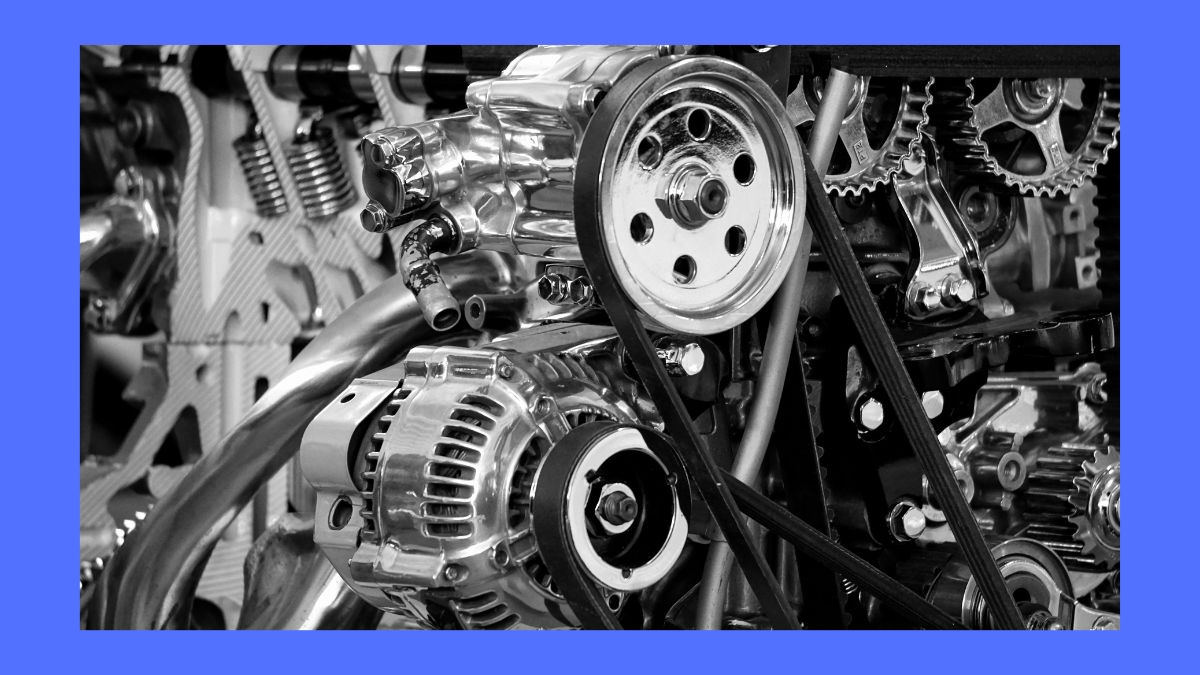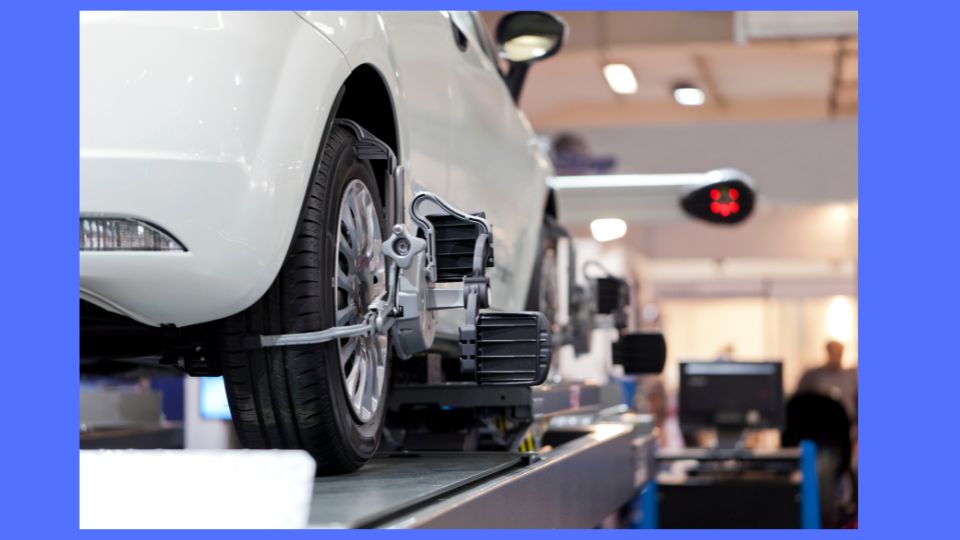Why A Coolant Flush Is Important In A Truck
What is the importance of a coolant flush in a truck system? Combustion and friction lead to an increase in the temperature of the engine. Too much heat is harmful to your engine. The engine has a cooling system whose primary responsibility is to regulate your engine’s temperature. Engine coolant is a vital cooling system component and helps evacuate excess heat from the combustion chamber.
There are various types of engine coolants that are made of 50% propylene glycol or ethylene and 50% water. Before buying any, refer to your owner’s manual to choose the right coolant for your engine. Flushing engine coolant involves the removal of the existing coolant from your engine.
Besides removing the existing coolant, flushing also removes chemical build-up, such as rust, from your truck’s cooling system. In a nutshell, coolant flush helps in the cleaning of the cooling system. After flushing, you will have to fill your system with a new coolant. Doing this restores the efficiency of the coolant as dirt and other chemical build-ups can interfere with the efficiency of your coolant.
Importance Of Flushing Truck Coolant
Flushing engine coolant has several benefits. Here are some of its benefits worth knowing.
Cleaning the Cooling System
The engine coolant helps remove rust and other deposits within your truck’s cooling system. Accumulating debris and rust within your cooling system can interfere with its function, making your truck’s engine to overheat. Such debris can damage your cooling system, and the excess heat will damage vital parts of your engine.
Ensures The Lubricating Material Is Working Perfectly
Coolants used in modern trucks have additives that lubricate the water pump. Lubrication increases the lifespan of your water pump. Flushing coolant ensures that the lubricating material within the antifreeze is in perfect working condition.
It helps in Removing Old Coolant
As your coolant plays its role in cooling your truck’s engine and cleaning the cooling system, it weakens and becomes inefficient with time. In such a situation, consider flushing your coolant and installing a new one that will work efficiently.
It gives the Technician Ample Time To Inspect the Cooling System of Your Truck.
After flushing out all the coolant, your technician will be able to inspect the entire cooling system of your truck to determine if it is in perfect condition. Parts worth inspection is the thermostats, radiators, belts, and coolant hoses. Doing this helps in realizing and fixing issues such as leakages.
Old Coolant is Harmful
As the engine coolant of your truck ages, it becomes acidic, which can be problematic for your engine. Acidic coolant can corrode engine parts and the hoses it is moving in. Water pumps and other engine components within the engine block can also suffer severe damage. Flushing thus helps eliminate old coolant before it damages other parts of the engine.
Conclusion
Coolant cleans the cooling system and ensures your engine’s temperature is within the normal range. Coolant becomes old and dirty due to an accumulation of dirt and debris from the cooling system. When such happens, consider flushing your coolant. Coolant flushing needs a professional. It is essential to consult a professional to perform it and check the condition of the entire cooling system.



